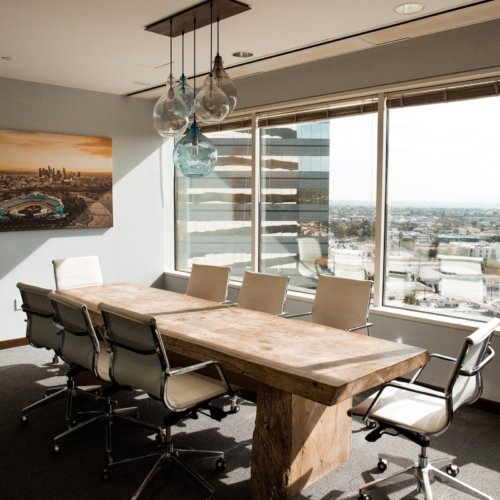
Most of us know that effective meetings are rare. When they do occur however, they are greatly appreciated. We all have busy schedules and don’t want to waste any time. In a greater perspective, time is indeed money and can not be wasted. So come along for top 10 tips on running an effective meeting.
1. Plan Ahead Your Meeting
Planning ahead will help you determine exactly what you want to cover. This is a great way to determine how long your meeting should be too. Consider whether the things you want to discuss call for a meeting or could be solved with an email.
2. Only Invite Relevant Participants
No one wants to sit in a meeting that’s not relevant to them. Make sure you’re not waisting anyone’s time by inviting people that won’t get any interesting take aways from your meeting. It can bring down the general mood if people are restless or bored. You want the general atmosphere to be engaged and interested.
3. Time Keep
Keeping the time is everything for running an effective meeting. Make someone time keeper so not everyone has to think about wrapping things up on time. This should also include moving on from a point that’s dragging on. Keep the schedule tight and move on swiftly from one point to another – we don’t have all day!
4. Choose a Meeting Room That Meets Your Needs
We’re as you know all about space. If you’re not hosting the meeting in the office your meeting room hire should be thoroughly thought through. Choose a meeting room that’s good for productivity and make sure it’s got all the amenities you need.
5. Know What You’re Looking to Achive
Know beforehand what the goal of your meeting is. If you can’t answer this question it’s likely the meeting won’t be productive nor necessary. If you know what you’re looking to achieve you’ll easily know if the meeting’s a success or not.
6. Take Breaks
It might seem counter intuitive but running an effective meeting is also about taking breaks. If the meeting is longer than an hour you should plan for a break. This might just be standing up and letting everyone pop to the loo. Long breaks aren’t necessary but just once in a while getting some new energy in the room. Having a break every 45 minutes is a good aim.
7. Don’t Let the Conversation Drift
When the conversation is drifting too far from the topic it’s important that you bring it back. It’s of importance to let the conversation flow naturally while still keeping it on point.
8. Wrap Up in Time
This is a part of time keeping but we can’t stress enough how important it is. The things said when everyone’s just waiting to wrap up won’t be remembered, we promise.
9. Conclude Next Actions
Finish your meeting by concluding what next actions should be. Everything you’ve agreed needs to be done should be assigned to someone. This is also a good opportunity to confirm you’re all on the same page about things.
10. Summarise and Send Out Your Notes
After the meeting someone should always be responsible for sending out a summary of it. This should include everything you went through and next steps. Specify in your summary who’s assigned to what and conclusions.



